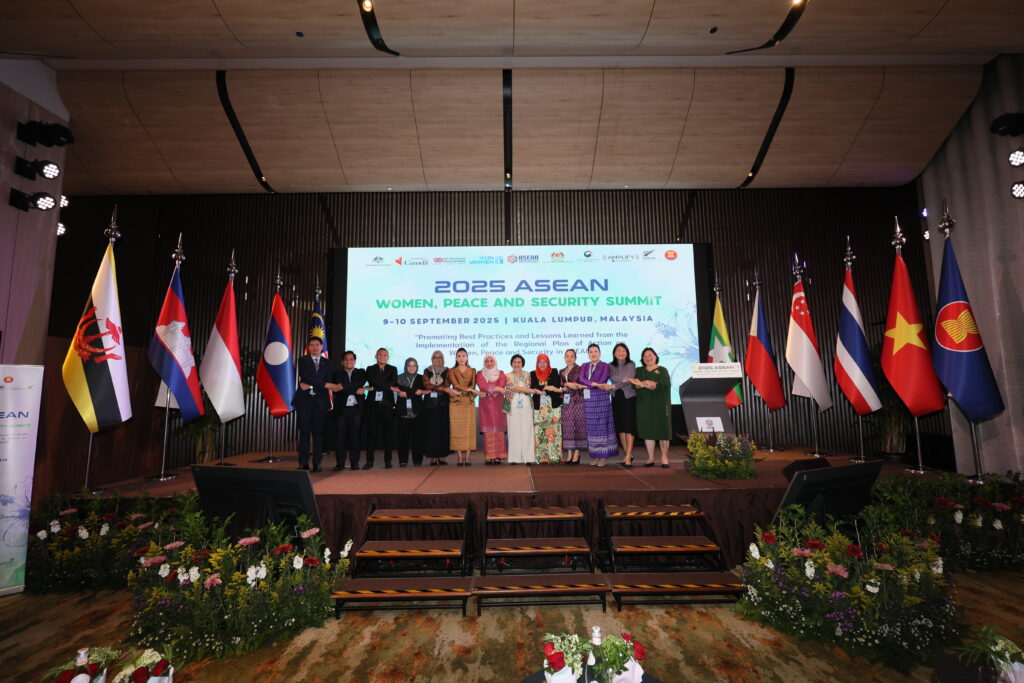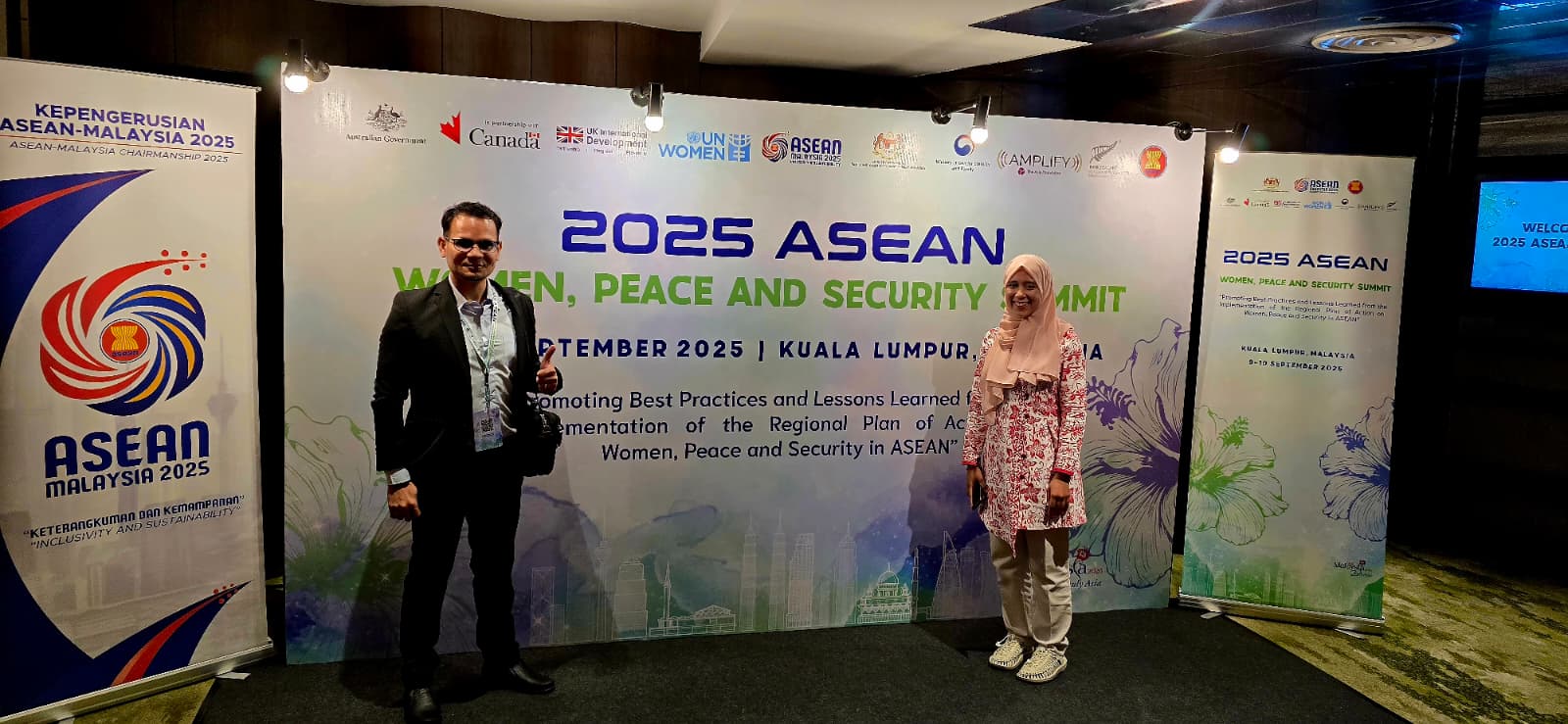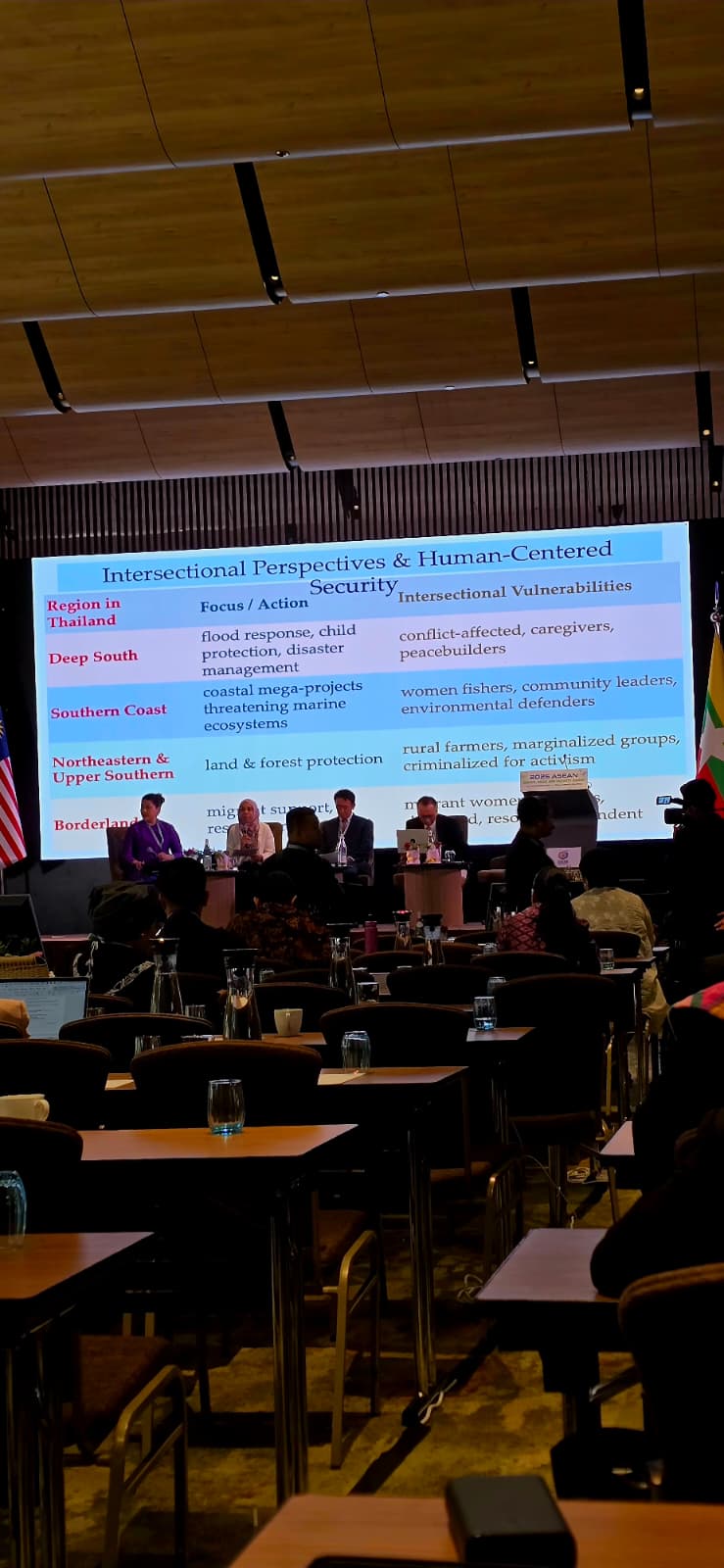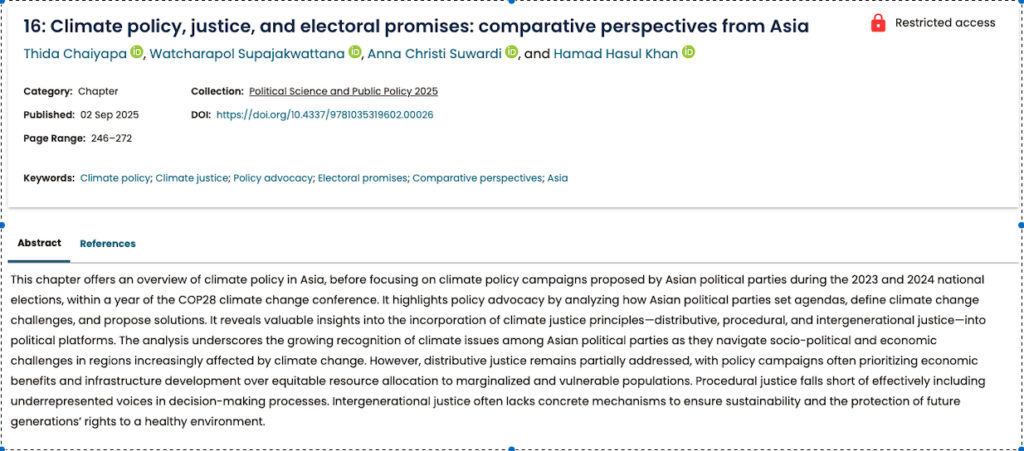DEEP EnGender presented on “women’s digital movements for peace” at the RC48, Montreal
From September 9–11, 2025, our circle initiator, Dr. Anna Christi Suwardi, represented DEEP EnGender at the RC48 Summer School Retreat in Montreal, Canada. The retreat was hosted by the International Sociological Association (ISA) Research Committee on Social Movements, Collective Action, and Social Change (RC48).
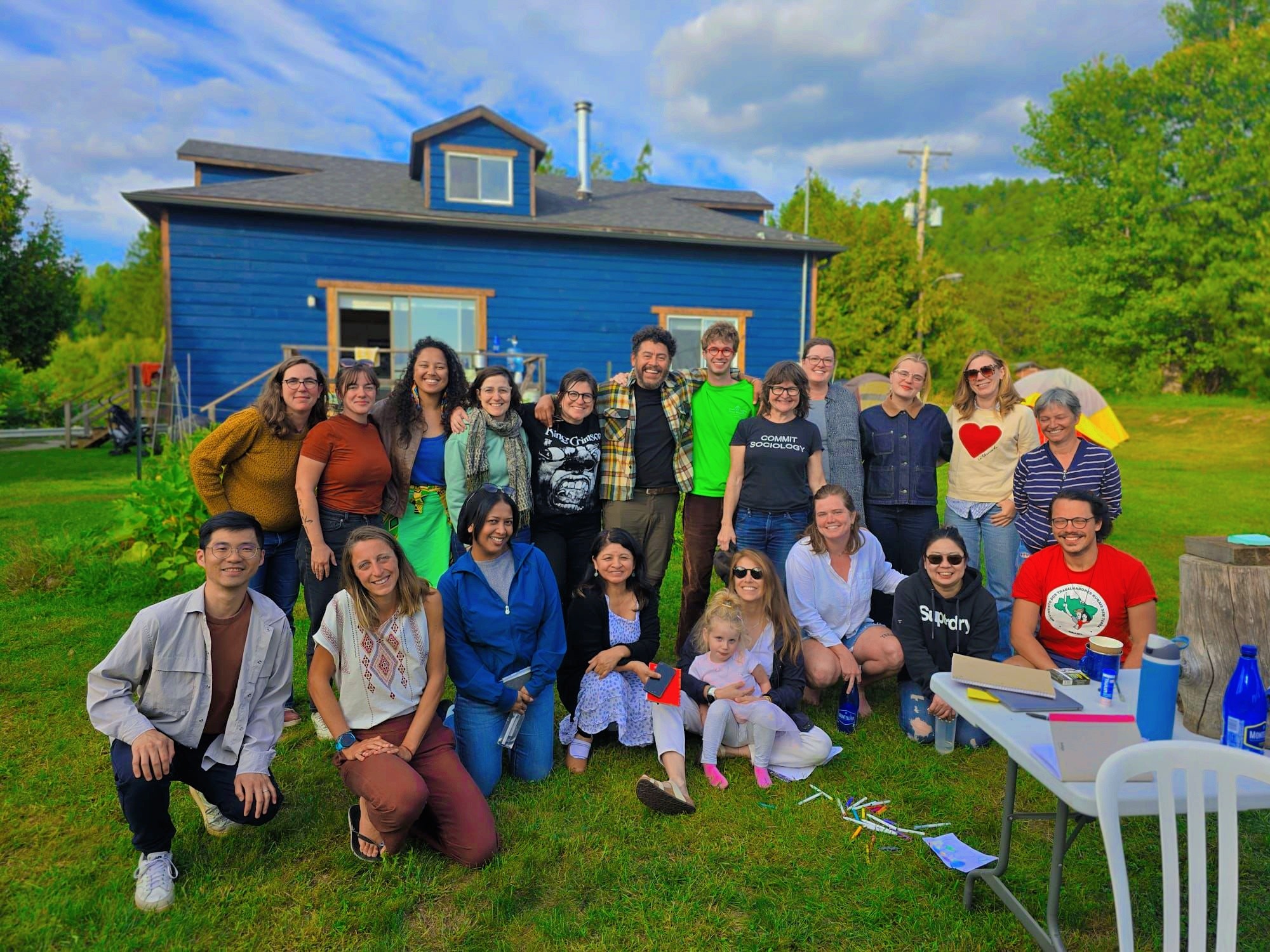
The program brought together scholars, activists, and practitioners from the Global South and Global North to reflect on the intersections of social movements and their contemporary developments, covering themes from feminist and women’s movements to climate justice.
Renowned Canadian voices in social movement studies, Prof. Lesley Wood (York University) and Prof. Chris Dixon (Carleton University), shared insights on grounding social movements as analytical frameworks while emphasizing the importance of sustaining solidarity between scholarship and activism. Unlike most formal academic gatherings, the retreat was intentionally communal and participatory, fostering stronger bonds and meaningful connections among participants.
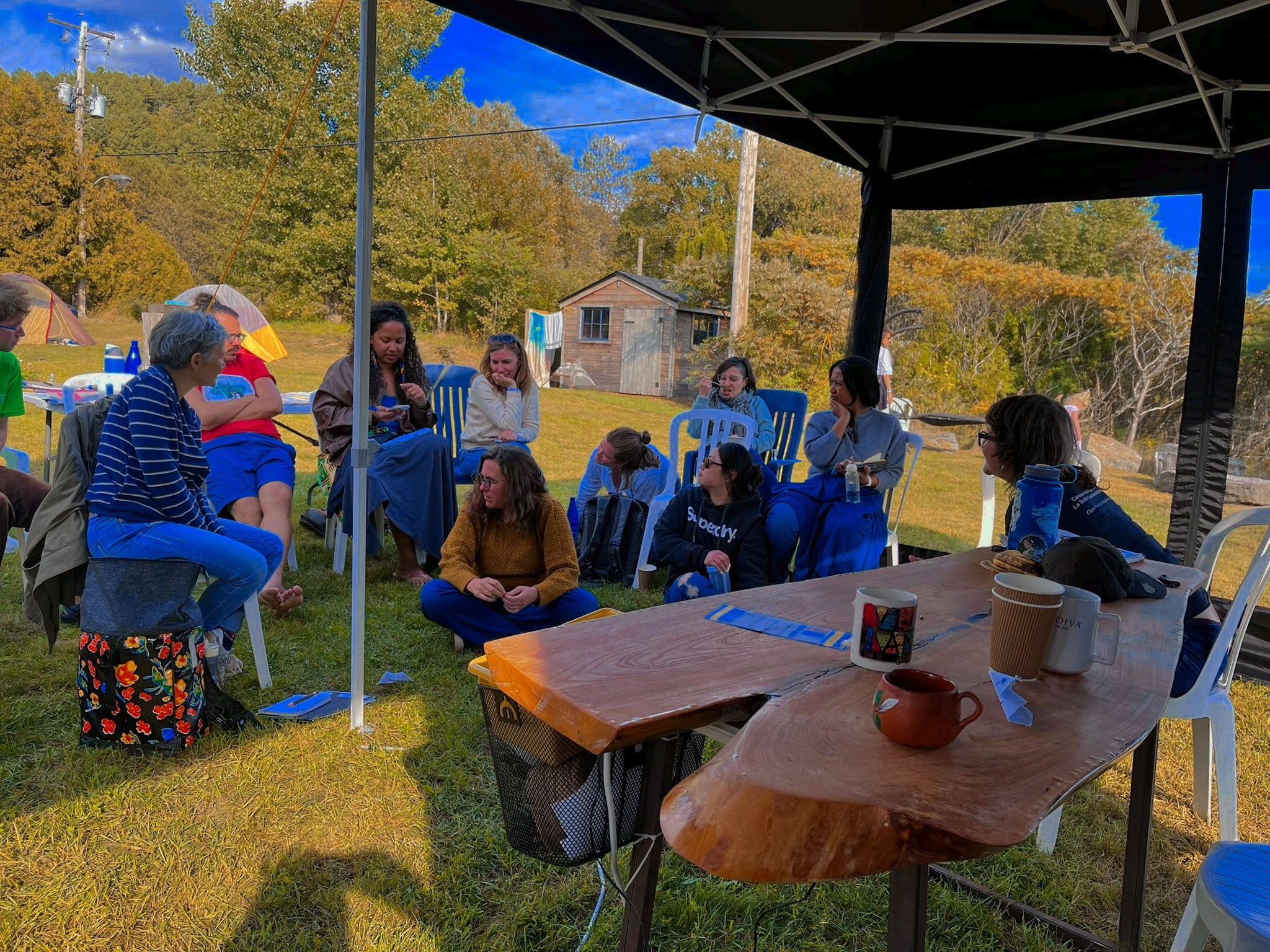
Dr. Suwardi was selected to join this program based on her research on women’s digital movements for peace amidst two decades of conflict in the southern border provinces of Thailand. She presented her work through a creative video format, which was highly appreciated by fellows from Canada, Brazil, Taiwan, Chile, Austria, Germany, the UK, and Mexico. Her presentation highlighted how research and storytelling, when delivered through audio-visual means, can touch audiences in powerful ways beyond written text.
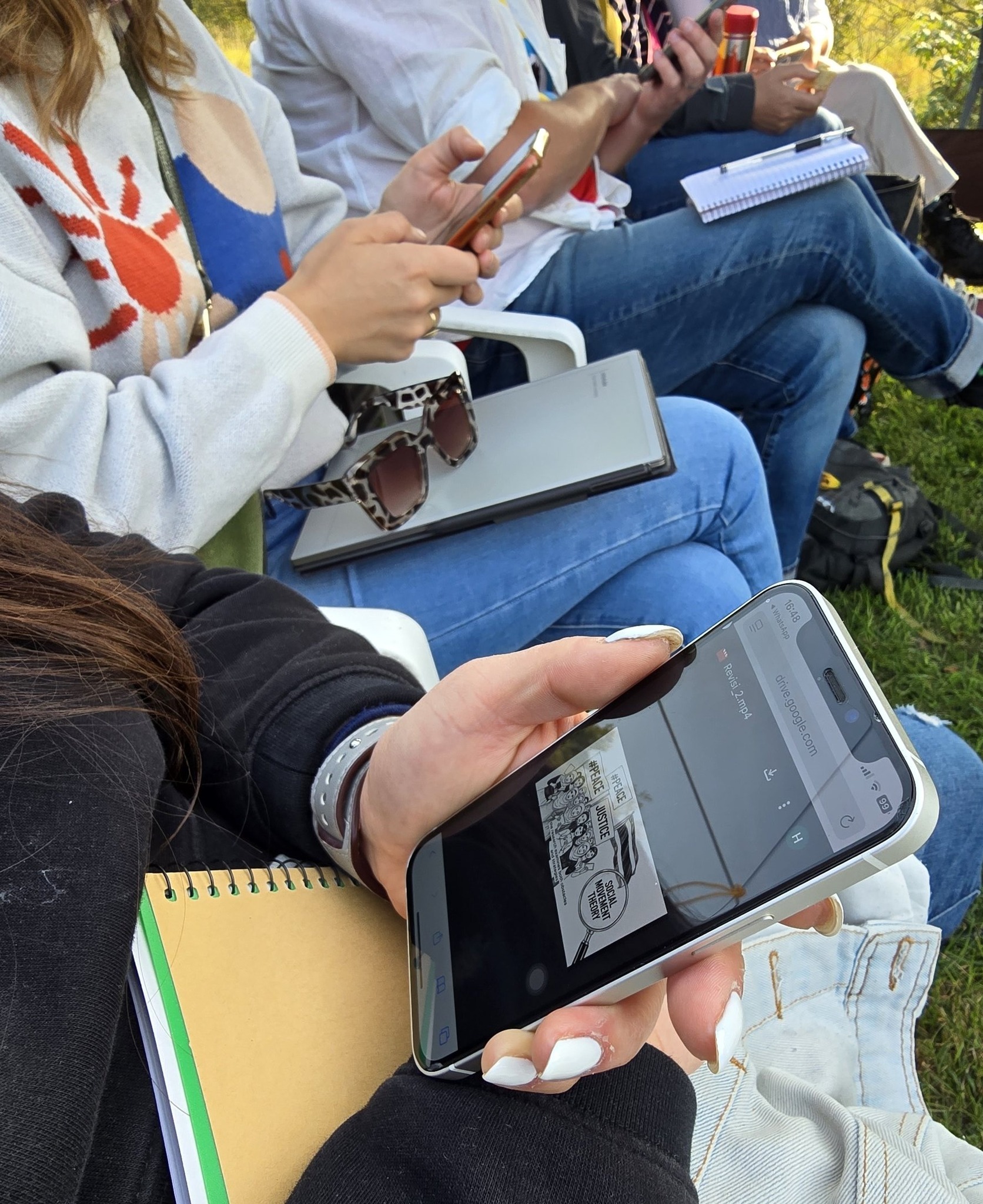
We are proud of Dr. Suwardi’s contribution and honored that DEEP EnGender’s perspective was part of this global exchange linking scholarship, activism, and solidarity for social change.
DEEP EnGender presented on “women’s digital movements for peace” at the RC48, Montreal Read More »


